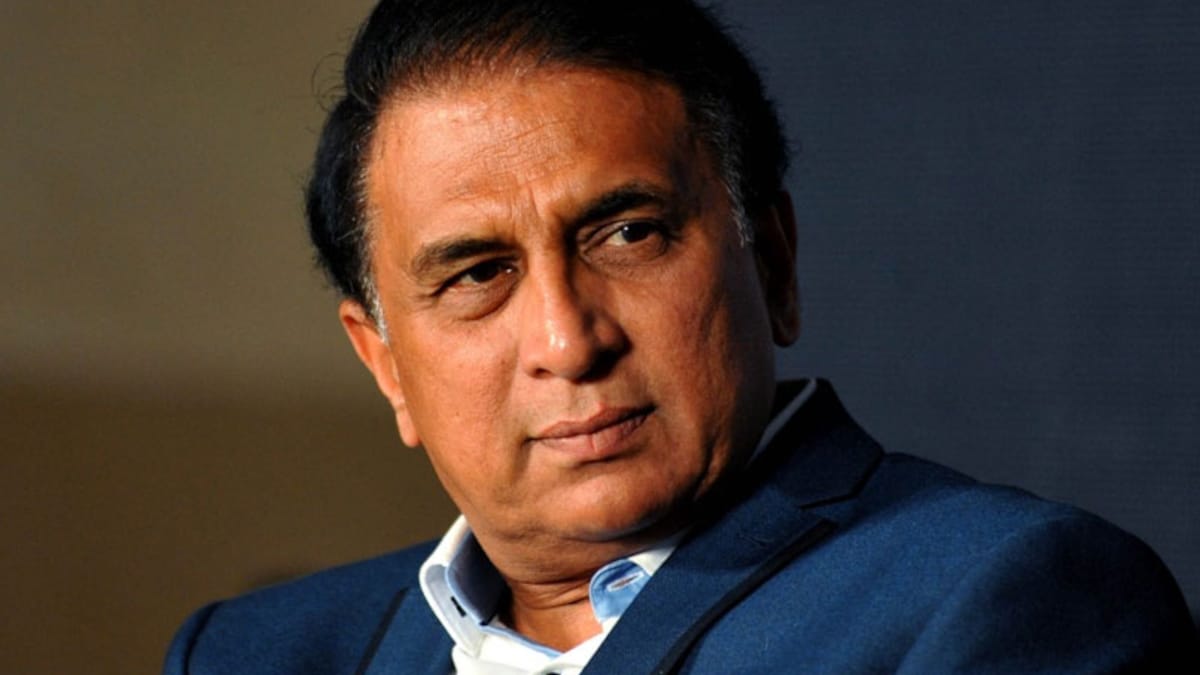“Something They Will Need To Do…”: Sunil Gavaskar’s Advice To Team India Ahead Of WTC Final | Cricket News

Former India skipper Sunil Gavaskar shed light on the technical adjustments Indian batsmen will need to make for the upcoming World Test Championship final. Gavaskar emphasized the importance of bat speed control, highlighting the transition from the fast-paced T20 format to the more controlled bat speed required in Test cricket. Speaking to Star Sports, former India captain Sunil Gavaskar noted the technical changes that the Indian batsmen would have to make playing in the World est Championship final.
He said, “I think they are going to look at their bat speed. Coming from T20 where the bat speed is very fast to test cricket where the bat speeds got to be a lot more control, that is something they will need to do.”
He added, “They will need to play in England as late as possible to allow for the swing to do its bit, not to reach out for the ball which often a lot of people make the mistake of having played on good pitches. Wherever you play on good pitches, you tend to play through the line, not necessarily half volleys, but in England, those deliveries can move just that little bit.
So, I think those are the things that as a batter you need to watch out for. As a bowling unit also you’ll need to bowl a much fuller length for your new ball, for the bowlers to be able to get the movement in the air as well as after pitching.”
Sunil Gavaskar, appreciated Cheteshwar Pujara, as he said, “The fact that he is been around will mean that he will have also seen how the pitch has been behaving at The Oval. He might not have played at The Oval, and he might be in Sussex not too far away from London but he will have kept an eye on what is happening and his input will be invaluable as far as the batting unit is concerned or even as far as the captaincy is concerned.”
Gavaskar said Pujara will have the captains there as far as the Oval pitch is concerned.
“Do not forget he has also captained the team, so he definitely will have worked out quite a few strategies seeing that Steve Smith, the Australian is his teammate at the moment,” Gavaskar told Star Sports.
Sunil Gavaskar further laid stress on the English conditions and the challenges that come along with it.
He said, “I think the English conditions are challenging because firstly we are used to playing with the sun on our backs. When you are playing in England, often you are playing in conditions where there is no sun, it’s a little overcast, and the weather is a little bit cooler, so you sometimes wear a jumper. That’s something that you know, the Indian player, West Indian players and Sri Lankan players are not really used to so that can be just a little bit of a dampener, a little sort of light but you just feel a little bit burdened by that.”
He further added, “So, that is one thing and because in these conditions the ball tends to swing in the air not just after pitching which doesn’t happen in India and therefore the swing in the air is what sometimes can take you some time to get used to and which is a reason people generally when you are going overseas suggest that you should maybe play two or three warm-up matches, which will give you a better idea of what to get when you are playing in a test match.”
India will be playing against Australia on June 7 in the World Test Championship Final at The Oval cricket ground.
Topics mentioned in this article
For all the latest Sports News Click Here

